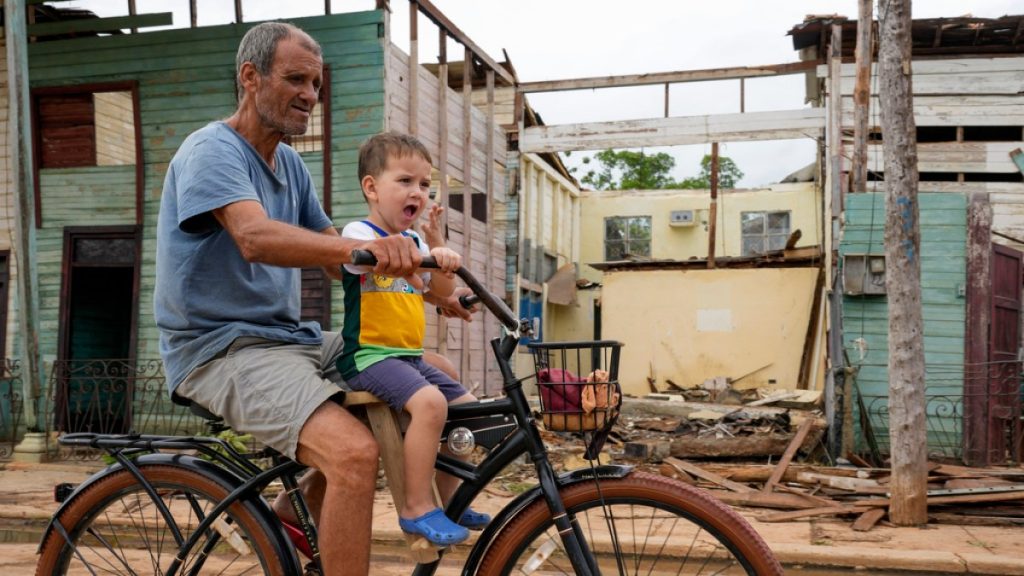The eastern region of Cuba has been hit by a powerful 6.8-magnitude earthquake, leading to landslides, damage to homes, and power lines. This natural disaster has added to the challenges faced by the country, which has already been dealing with a series of recent storms and blackouts. Cuban President Miguel Diaz-Canel has stated that efforts to assess the damage are underway in affected areas such as Santiago de Cuba and Granma, with the priority being to save lives.
Residents in the affected provinces have described the earthquake as one of the most powerful they have ever experienced, with buildings shaking and people feeling nervous. Many homes and buildings in the region are older and vulnerable to earthquake damage, leading to collapses of terracota roofs, concrete block homes, ceilings, walls, windows, columns, and public infrastructure. The United States Geological Survey reports that nearby countries such as Jamaica also felt some effects of the earthquake.
The earthquake is part of a series of natural disasters that have further strained Cuba’s already challenged infrastructure and economy. Recent hurricanes, such as Oscar and Rafael, have brought heavy rains, widespread power outages, and destruction to the island. Several people have lost their lives, buildings have been destroyed, and hundreds of thousands of individuals have been displaced as a result of these storms. The combination of these natural disasters and ongoing economic challenges poses significant obstacles for the country.
As officials work to assess the damage caused by the earthquake and continue recovery efforts, the people of Cuba are facing multiple crises simultaneously. The need to prioritize saving lives and providing assistance to those affected is crucial in the aftermath of such a powerful natural disaster. With vulnerable structures, older buildings, and ongoing economic instability, the road to recovery and rebuilding in the affected regions will be challenging.
Efforts to rebuild homes, restore power, and provide assistance to those affected by the earthquake will require significant resources and support. The Cuban government, along with international partners and organizations, will need to work together to address the immediate needs of the impacted population and develop long-term strategies for disaster preparedness and resilience. The resilience and strength of the Cuban people will be tested as they navigate the aftermath of this devastating earthquake and continue to face the challenges of rebuilding in the wake of multiple natural disasters.
Despite the challenges faced by Cuba, the resilience and solidarity of its people will be key in overcoming the impact of the earthquake and other natural disasters. The international community’s support and assistance will play a critical role in helping the country recover and rebuild in the aftermath of these devastating events. As efforts to assess the damage and begin recovery continue, a united and coordinated response will be essential in ensuring the well-being and safety of those affected by the earthquake in eastern Cuba.















